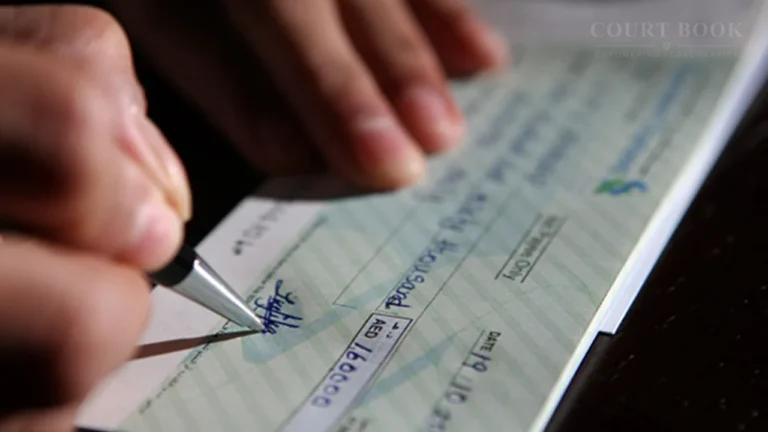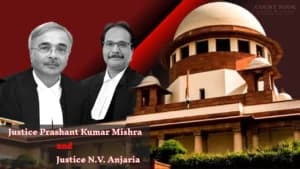In a notable judgment delivered on October 8, 2025, the Rajasthan High Court, Jaipur Bench, reinstated the conviction of Gopal Sharma, a Jaipur-based businessman, in a long-drawn cheque bounce dispute under the Negotiable Instruments Act (N.I. Act). The court ruled that even a time-barred loan could be legally enforceable if a cheque was issued as a written promise to repay, under Section 25(3) of the Indian Contract Act, 1872.
Justice Pramil Kumar Mathur delivered the verdict while deciding five connected criminal revision petitions between Ratiram Yadav and Gopal Sharma-four filed by the complainant Yadav, and one by Sharma.
Background
The legal tussle dates back to 2009, when Ratiram Yadav advanced a loan to Gopal Sharma. In return, Sharma handed over four signed but undated cheques, each worth ₹1.25 lakh, drawn on State Bank of Bikaner and Jaipur, Murlipura Branch.
In 2013, Yadav filled in the dates and presented the cheques for encashment, but all were dishonoured due to insufficient funds. After serving the statutory legal notices, Yadav received no payment and moved the magistrate's court under Section 138 of the N.I. Act, which criminalizes cheque dishonour for enforceable debts.
The trial court convicted Sharma in all four cases, but on appeal, the Additional Sessions Judge (No. 12, Jaipur Metropolitan) acquitted him in three while reducing his sentence in one. This conflicting outcome led both parties to approach the High Court.
Court's Observations
Justice Mathur examined whether the cheques issued in 2009 but presented in 2013 were legally enforceable, given that the debt was arguably time-barred under the Limitation Act.
The bench observed that once a cheque is signed and voluntarily handed over, a legal presumption arises under Sections 118 and 139 of the N.I. Act that it was issued to discharge a debt or liability. This presumption, the court said, can be rebutted only with strong evidence, which the accused had failed to produce.
"A cheque issued towards repayment of a time-barred debt falls within the scope of Section 25(3) of the Indian Contract Act," the judge remarked. "Therefore, the contention that the debt was not legally enforceable has no merit."
The bench drew from several Supreme Court rulings, including A.V. Murthy v. B.S. Nagabasavanna and S. Natarajan v. Sama Dharman, affirming that a written promise such as a cheque revives the enforceability of a time-barred debt.
Rejecting Sharma's argument that the cheques were merely "security," the court cited Sripati Singh v. State of Jharkhand (2022), emphasizing that even security cheques mature for presentation if repayment is not otherwise made.
"A cheque issued as security cannot be treated as a worthless piece of paper," the court noted. "Once the loan remains unpaid, such cheque becomes enforceable."
Decision
The High Court held that the appellate court erred in acquitting the accused by ignoring the effect of Section 25(3) of the Contract Act and the statutory presumptions under the N.I. Act.
Accordingly, the court:
- Allowed the revision petitions filed by complainant Ratiram Yadav.
- Dismissed the revision filed by accused Gopal Sharma.
- Restored the trial court's conviction and sentence in three cases previously set aside by the appellate court.
- Upheld the conviction and reduced sentence in the fourth case.
Justice Mathur concluded that
"the issuance of cheques by the accused itself constitutes a written promise to repay, thus reviving the debt’s enforceability under law."
With that, all five petitions were disposed of, reaffirming a crucial legal principle: a dishonoured cheque, even for a time-barred loan, can trigger prosecution under Section 138 of the N.I. Act if it carries the drawer’s clear intent to repay.Title: Ratiram Yadav v Gopal Sharma and other connected petitions.
Title: Ratiram Yadav v Gopal Sharma and other connected petitions















